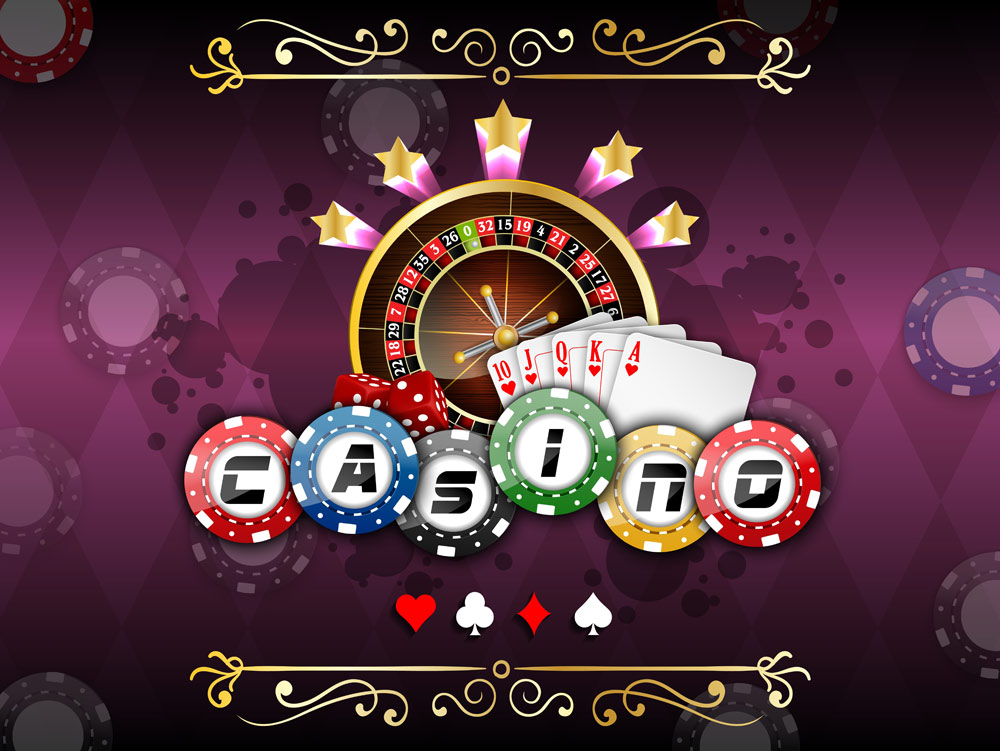

The UK gambling market is worth around £12 billion annually. The UK Gambling Commission’s industry statistics (which are published twice a year), paint a positive picture for the online casino market in Britain. Recently, online gambling has been cornering just under a third (33%) of the overall gambling market in the UK. Add to that the growing popularity of new developments such as live dealer table games, and we are likely to see even greater numbers of gamblers being drawn to the UK’s online gambling world.
The UK’s online gambling market: which games are the most popular?
Classic table games such as poker, roulette and blackjack are very popular in the EU gambling market as a whole. This trend is reflected in the figures relating to the UK specifically. Other popular games in the UK, however are online bingo and online video slots. There is no denying that the recent surge in top graphic designers working on creating plausible, immersive three dimensional worlds for online video slot sites has been a driving factor here.
How does online gambling compare to other types of gambling in the UK?
As mentioned above, online gambling makes up a third of the UK’s overall gambling and casino sector, and this actually makes it the most popular type of gambling in Britain. According to recent data provided by the Gambling Commission, online gambling generates more revenue (£4.5 billion) than the hugely popular National Lottery (£3.4 billion) and high street betting shops (£3.3 billion). Perhaps surprisingly, the UK’s traditional land based casino sector generates less than a quarter of the revenue generated by online gambling – namely, £1 billion. This gap is likely to get wider as gambling technologies improve, internet speed and coverage is optimised further and more and more young people catch the online gambling bug.
Are there any other reasons why these statistics are so impressive?
One reason why the online gambling market in the UK is considered to take up such a sizeable portion of the overall British gambling sector (and indeed of the whole EU gambling sector) is the broad way in which the Gambling Commission chooses to define ‘online gambling’. In the official statistics, online gambling encompasses sports betting, playing the lottery online, participating in live dealer games and playing in online casinos. If sports betting (for instance) was considered to be a separate category (which some commentators suggest it should be), then the figures would be slightly less impressive. In addition it might be argued that the distinction between online and land based casinos is somewhat of a false distinction. Is not a live dealer casino – which mingles elements of land based and online gambling – in fact a mixture of both online and offline gambling? How does it skew the statistics when we try and fit live dealer online casinos into one binary category rather than another?
What has been the impact on our high streets?
Perhaps the most noticeable impact has been the decline (by around 18% each year) of the number of betting shops on our high streets. Another effect has been the (re-)integration of online and land based forms of gambling. Live dealer casinos, for instance, enable gamblers to ‘tune in’ to events in a bricks and mortar casino online. Perhaps this indicates that there is a happy medium to be achieved after all. Perhaps, rather than being fierce competitors, land based and online casinos can learn to live together in total harmony.
